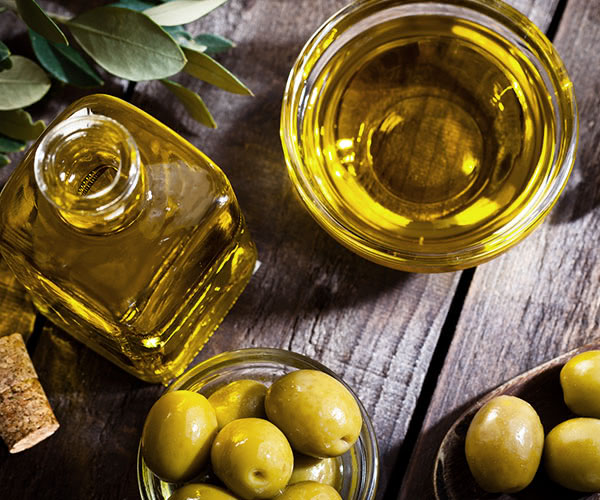
Products
Eat and stay as healthy as a fish!
You might have heard more than once that eating fish is good for your body. Fish is a source of omega-3 polyunsaturated fatty acids, D3 vitamin, easily assimilable proteins as well as macro and microelements like phosphorus, selenium, iodine and fluorine. Eating regularly fish can boost your immune system, improve your memory and concentration, and helps to reduce the risk of lifestyle diseases like: hypertension, cardiovascular diseases and obesity.

So why do we waste fish?
Many people do not know how to tell if a fish is fresh and they also do not know how to store fish after purchase. What do we mean by “fresh fish”?
· The scales of a fresh fish are shiny and stick really well to the skin,
· Eyes are transparent, bulging and glassy,
· Gills, depending on the specie, are light red or dark pink,
· Meat is firm and bouncy,
· The smell is delicate and sweetish, typical for a given specie,
· The abdomen is not bloated.
Fish is an exceptionally perishable product. Fresh fish should be frozen in a freezer, surrounded by ice cubes. We advise you to gut the fish earlier. Raw unfrozen fish cannot be kept longer than 2 days in the coolest part of the fridge.
Oh EGGSellent!
Chicken eggs are rich in protein and minerals, and are a good source of lutein, which helps vision; xanthophyll, which prevents the accumulation of deposits on artery walls; polyunsaturated fatty acids and so-called “fat slayer” lecithin. Lecithin is known for breaking down the consumed fat into smaller molecules, preventing it from sticking to the walls of blood vessels.

So how to buy good eggs?
That is the question! You will find below a few tips:
· Pay attention to the expiration date. If this date falls in 14 days, it means that the eggs are fresh.
· Before putting the eggs in your basket, inspect them carefully. The shell of fresh eggs is rather matte and rough. If the shell is smooth and shiny, it may indicate that the product is not fresh.
· Check out the marking on the eggs. Any egg admitted for trading should have such a code. If not, you should better not buy them. This code is only given to eggs from controlled producers and is written according to the following scheme: X-PL-YYYYYY in which:
- X stands for the method of production
- PL refers to the country of origin
- YYYYYY is a registration number indicating the hen laying establishmentt

The method of production should not be checked on the package, but on the egg itself:
- 0 - organic egg production
- 1 - free-range eggs
- 2 - deep litter indoor housing
- 3 - cage farming
After purchasing eggs, keep them in your fridge on the special shelf with the pointy end facing downwards . Eggs are still fresh for about 14 days if stored at 7-13°C.
Fruit dizziness
Fruits are a source of many vitamins and minerals which are essential for our health. They include phytochemical compounds and antioxidants, which protect the body from aging, heart diseases, hypertension and cancers. According to the World Health Organization (WHO), everyone should consume around 400g of fruits and vegetables in order to stay healthy.
How to buy for not wasting?
As smooth as butter
A healthy organism needs edible fats in order to work properly. Why? Because they build tissues and are essential for the body to absorb vitamins.

Animal fats
Different types of butter are available on the market and they differ from each other in terms of fat content of milk. ‘Extra’ butter is the richest in milk fat and contains no less than 82% of it. The higher the percentage, the more it contains saturated fatty acids. The fats used in butter are highly assimilable, so butter is particularly recommended for children, pregnant and breastfeeding women and the elderly.

Vegetable fats
Margarine and vegetable oils do not contain cholesterol, yet their production involves ‘hardening’ of fats which makes margarine contain a large number of trans isomers that can be harmful. Still, margarine and vegetable oils are particularly recommended for patients suffering from lifestyle diseases such as : cardiovascular diseases, atherosclerosis, and obesity. Since edible fats rot easily when exposed to light, oxygen and high temperatures, they should be stored in cool and dark places. The best place for such products is the fridge, and more precisely, the second shelf from the top. In these conditions, margarine can even last up to 6 months and butter few dozens of days. Cold pressed oils should be better stored in dark and well-closed bottles. They are very sensitive to temperature change and thus, should not be cooled down or frozen.




